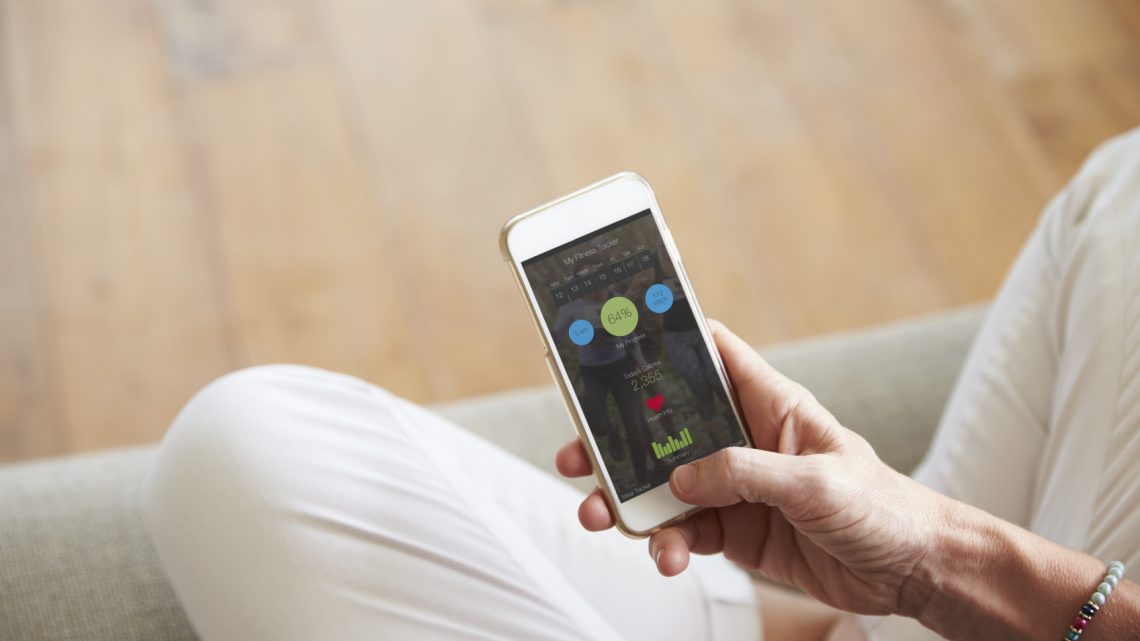In 1843, Karl Marx wrote “Die Religion … ist das Opium des Volkes.” Translated, it reads “Religion…is the opiate of the masses.” If Marx lived today, I think he might change his mind and say “Google…is the opiate of the masses.” After all, Google offers its users something more addictive than opium– information.
Nowhere is this addiction more evident than in online health searches. Approximately one in five Google searches is for health-related information. Popular diagnostic sites like WebMD garner an average of 11 million views each month. As a fourth year premedical student, I too have used Google to supplement my education. However, there is a big difference between using the internet as a supplement versus using it as a primary source. The first case can be very helpful, while the second can actually make things worse.
Just how accurate is Google, medically speaking? A study conducted in May of 2015 by Dr. Guido Zuccon et al set out to determine the medical accuracy of “Dr. Google.” His study showed that searching for diseases based on symptoms produced inaccurate results, which could even be harmful to the individual. In fact, Dr. Zuccon found that only “about three” of the first 10 results were “highly useful” for self-diagnosis.
Meadow or minefield?
Although good medical information exists online, it can be difficult to identify and downright dangerous if used for diagnostic purposes. The medical internet is a lot like an abandoned minefield. It may appear to be a pleasant meadow, but it is littered with misinformation. Those who recognize it as such stand a good chance of navigating it successfully. Those who don’t could suffer physical harm with one wrong step.
In this way, doctors are more important now than they were one hundred years ago. The internet doesn’t come with a “truth filter,” and most of us are not equipped to sort through the vast amounts of information we find. Physicians, on the other hand, can navigate this minefield. They are no strangers to its perils, and are better equipped than most to get us safely to the other side.
Some might ask if we can trust physicians with something as important as our own health. Do they truly have our best interests in mind?
Dedication, discipline and determination
As a premedical student, many of my friends are now entering the medical field. They are all dedicated, disciplined, and caring people. They’re passionate about making a tangible difference in the lives of others and know medicine is their calling, not just their job.
In addition to this, my classmates are highly capable. Simply gaining admission to medical school is daunting: most have an acceptance rate hovering between one and five percent. In total, every doctor spends seven to twelve years in graduate and post-graduate training programs.
All the while, physicians accumulate massive student loan debt. The national average student debt is just over $166,000. Pay it off at 7.5% interest over thirty years, and that’s a grand total of $419,738. Going into medicine today is a significant investment, and those who do are either sincere in heart or ignorant of the cost.
Collaborative relationships
Despite these many challenges, I know my friends will be great providers. They will be happy to help patients identify their ailments, and they’ll do so better than most anyone else– including Google. Their patients won’t need to spend hours sifting through page after page of inaccurate flotsam. Time will be spent on more important matters, the health matter at hand.
We often don’t realize the level of expertise doctors bring; as a result we underutilize our relationships with them. This needs to change. It’s time to see our doctors as assets. As patients, we know our own health better than anyone. When we combine this experience with our doctor’s knowledge and training, our understanding grows, our diagnosis is refined, and our lives improve.
Most importantly, we need to work together. Successful medicine is based on relationships, and even with a smartphone that talks back, Google is still a long way from that.
—
David Deemer is a Biomedical Science major attending Union College in Lincoln, Nebraska. His professional interests center around optimizing the U.S. healthcare system through increased advocacy for and implementation of lifestyle and preventive medicine. In his spare time, David enjoys reading, playing tennis, listening to classical and folk music, and spending time with his fiancee, April.










